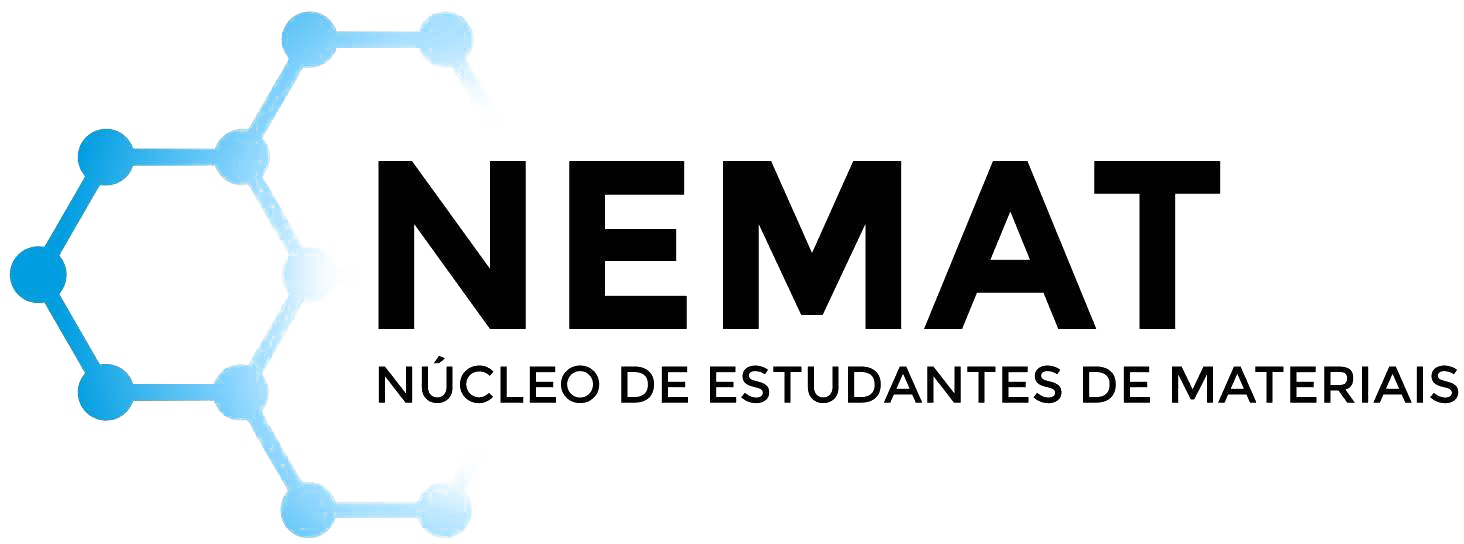
Programme Overview
Materials Engineering focuses on developing new materials (from their atomic structure to large-scale production), studying their behaviour and methods for enhancement and innovation, while addressing significant societal challenges. It studies materials from their composition and properties to production and recycling processes. A materials engineer acquires the skills to analyse, test, and select materials (ranging from polymers to metals and ceramics, including advanced materials like nanomaterials and biomaterials) for applications in sectors such as health, energy, the environment, mobility, and electronics. Materials engineers pay particular attention to the sustainability of materials, aiming to create solutions that minimise environmental impact, thereby supporting the energy transition and reducing reliance on fossil fuels.
Programme Structure
The 2nd Cycle in Materials Engineering has a duration of 4 semesters (2 years), equivalent to 120 ECTS. The structure is depicted below.
-
1st year (ECTS)
-
48
-
12
-
-
2nd year (ECTS)
-
21
-
9
-
30
-
The curricula of the 1st and 2nd Cycle were reformed in the 2021/2022 academic year, following Decree-Law 65/2018 and the implementation of a new teaching model and pedagogical practices. The MSc programme in Materials Engineering derives from the former Integrated Master in Materials Engineering.
-
Core Structure (69 ECTS)
The MSc Programme in Materials Engineering (Major) deepens the knowledge acquired in the 1st Cycle, in topics such as:
- Metallic, polymeric, ceramic, composite or nanostructured materials
- Material design and manufacturing methods
- Recycling and recovery of materials
-
Free options (21 ECTS)
Part of the curriculum is of fully free choice, i.e., students may choose modules not only in Materials Engineering, but also in any other scientific field offered by Técnico.
This component includes the possibility of taking a Minor – a number of multidisciplinary modules – which equals 18 ECTS credits. The offer cuts across all programmes offered by Técnico.
Extra-curricular activities may also be credited, to a maximum of 6 ECTS credit points.
-
Dissertation (30 ECTS)
The dissertation is the final assignment of the study cycle, which allows students to focus and specialise on a specific subject that may take any of these formats:
- Scientific thesis
- Internship at a company
- Capstone project
Target Audience
The MSc Programme in Materials Engineering is aimed at graduates in areas related to Engineering, namely Materials, Chemistry, Mechanics, and related fields.
The programme is taught in Portuguese however may there be international or mobility students enrolled, the curricular units will be taught in English.
Career Opportunities
Técnico MSc Materials Engineers may perform activities such as:
- Study, investigation and evaluation of materials with specific properties;
- Selection of the best combination of materials for a given product;
- Material testing to assess mechanical, chemical or corrosion resistance, using computer modeling;
- Development of prototypes, processes and products;
- Assessment of product recycling possibilities and environmental impact, taking into account energy and economic factors;
- Quality control, inspection, maintenance and repair;
- Consulting and leadership, leadership and management functions;
- Professional training and education.
Entry requirements
To apply for a 2nd Cycle at Técnico you should:
- hold a 1st cycle degree in Science and Technology (except in the case of the 2nd cycle in Architecture, which requires a 1st cycle degree in Architecture);
- hold an academic, scientific or professional curriculum that certifies their ability to do the MSc programme which they apply for.
Candidates are selected according to these criteria:
- affinity between the degree they hold and the programme they apply for;
- type of degree they hold;
- academic success in the programme they attended.
Note: if requested, we may appreciate the academic, scientific or professional curriculum and the candidate’s performance during the interview.
Students' Organisations

Técnico students autonomously and proactively stimulate projects that complement their academic background. For example, the Students’ Organisations provide them with skills and added value making them more competitive in the labour market.
The Materials Engineering Students’ Organisation (NEMat) is the main student structure of Materials Engineering students. They promote several activities:
- Visits to companies, workshops and training
- Open week for secondary school students (Explore the Materials)
- Técnico Summer Internships
- 3D Printing
- Voluntary and leisure activities

